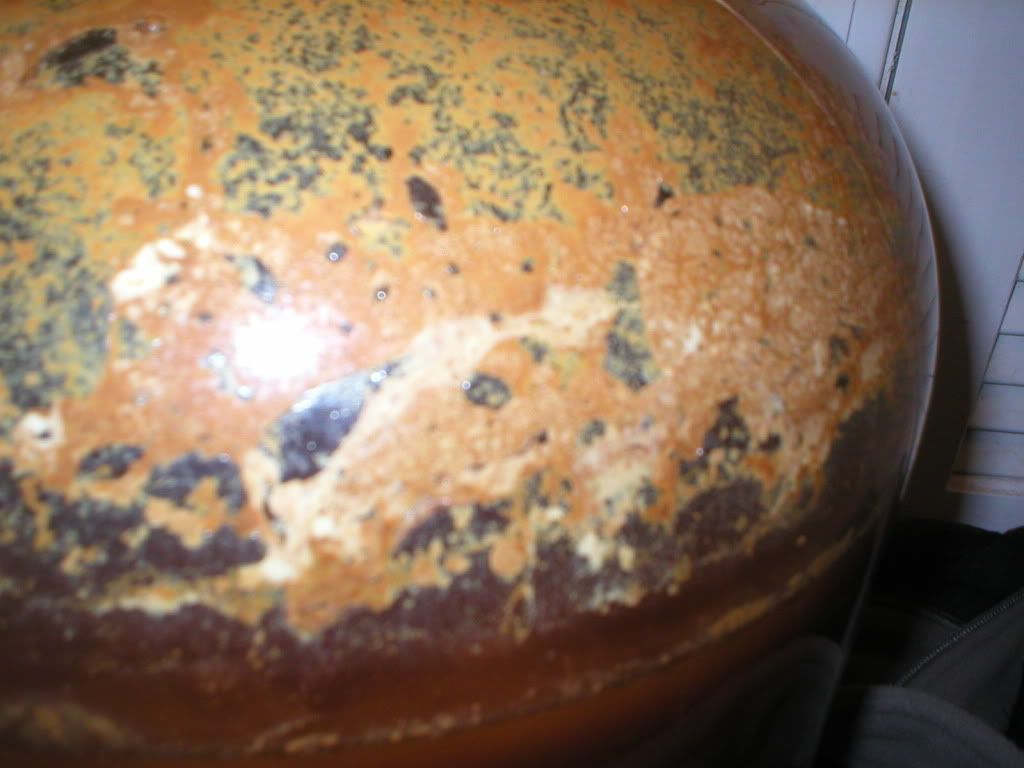Can you get a PATHOGEN from beer. No. NO *NO* Did I make that clear? You have a ZERO chance of pathogens in beer, wine, distilled beverages. PERIOD!
Pathogens are described as organisms that are harmful and potentially life threatening to humans. These are some 1400+ known species overall encompasing viruses, bacteria, fungi, protozoa, and helminths. Of that group, we are only interested in those that can be foodborne. Quite simply, if it can't survive in food, it isn't in beer. That knocks out all but bacteria and fungi. Viruses need very specific circumstances to be passed around... like on the lip of a glass or bottle, not the beer in it. **Ahhh...CHOOO!**
Pathogens as a rule are very fastidious beasts. Meaning that they want very specific temperatures, acidity, nutrients and other conditions to thrive.
Bacteria that *could* live in wort, cannot survive even a little bit of fermentation. There are several reasons for this. One is in the 'magic' of hops. It is the isomerized alpha acids that provide a preservative effect to the beer, which happens to inhibit pathogens! Good deal for fresh wort!
Another reason is the drop in pH from fermentation. Next, yeast emit their own enzymes and byproducts, all in an effort to make the environment hostile to other creatures. The major one is alcohol, of course, but their enzymes will break down less vigorous organisms and they become sources of trace nutrition. Now the latter is very minor compared to the effect of alcohol, but it exists! Most of the time these enzymes work on the wort, not organisms until late in the process. Good deal for beer! ...uh, wine too.
Oh, Botulism specifically... did you know that this is an anaerobic pathogen? It's toxin is one of the few that is broken down by boiling. Did you know tht it is strongly inhibited by isomerized alpha acids, even in water? Since fresh wort has a healthy amount of oxygen in it, the beastie cannot even get started, then once the O2 is used up, it doesn't have a chance against the hops or the yeast.
All that is left are a handful of acid producing bacteria that'll ruin a batch of beer. Overall, there are less than 200 organisms that can survive in beer and lend flavor effects. None of these for very long, or very often. Lambic being the sole exception, and if pathogens *could* survive, that'd be the style where you find 'em.





